MEROZA 1g contains meropenem, a carbapenem antibiotic known for its broad-spectrum efficacy against resistant bacterial strains. It is primarily used in hospital settings for the treatment of severe infections, including those affecting the lungs, abdomen, and bloodstream. By disrupting the bacterial cell wall synthesis, MEROZA effectively eliminates harmful bacteria, aiding in the recovery of patients with serious infections.
Usage Instructions:
Consult a Healthcare Provider: Use only as prescribed by your healthcare professional.
Dosage: The usual adult dose is 1g administered via intravenous infusion every 8 hours. Dosage may vary based on the severity of the infection.
Preparation: Reconstitute the vial with the appropriate diluent as directed.
Administration: Administer the reconstituted solution through a dedicated IV line over a period of 30 minutes to 1 hour.
Monitor: Observe for any adverse reactions during and after administration.
Medicinal Advantages:
Broad-Spectrum Activity: Effective against a wide range of bacteria, including multidrug-resistant strains.
Rapid Action: Quickly penetrates tissues and exerts its antimicrobial effect.
Reduced Resistance Development: Minimizes the risk of resistance compared to other antibiotics due to its unique mechanism of action.
Mechanism of Action:
MEROZA 1g works by inhibiting bacterial cell wall synthesis, specifically targeting penicillin-binding proteins (PBPs). This action disrupts the integrity of the bacterial cell wall, leading to cell lysis and death, making it effective against a variety of pathogenic bacteria.
Off-Label Uses:
Complicated Intra-abdominal Infections: May be used for treating complex infections involving multiple organisms.
Severe Urinary Tract Infections: Can be effective for severe cases resistant to first-line treatments.
Expert Advice:
Follow Prescribing Guidelines: Adhere strictly to the prescribed dosage and duration to prevent antibiotic resistance.
Regular Monitoring: Patients should be monitored for efficacy and any signs of adverse effects throughout treatment.
Hydration: Ensure adequate hydration during treatment to support renal function.
Precautions:
Allergic Reactions: Use with caution in patients with a history of severe allergies to beta-lactam antibiotics.
Renal Impairment: Adjustments in dosing may be required for patients with compromised kidney function.
Superinfection Risk: Prolonged use may lead to superinfections due to non-susceptible organisms.
Storage Conditions:
Store MEROZA 1g at room temperature (15°C to 30°C or 59°F to 86°F). Protect from light and moisture. Once reconstituted, use the solution within 24 hours if stored in a refrigerator.
FAQs:
Q1: What is MEROZA 1g used for?
A1: MEROZA 1g is used to treat severe bacterial infections, including those in the lungs, abdomen, and bloodstream.
Q2: How is MEROZA administered?
A2: It is administered intravenously, typically over a period of 30 minutes to 1 hour.
Q3: Are there any side effects?
A3: Potential side effects include nausea, vomiting, diarrhea, and allergic reactions. Contact your healthcare provider if severe symptoms occur.
Q4: Can MEROZA be used during pregnancy?
A4: Consult your healthcare provider before using MEROZA 1g if you are pregnant or planning to become pregnant.
Q5: How should I store MEROZA 1g?
A5: Store at room temperature, protect from light, and use within 24 hours of reconstitution if refrigerated.

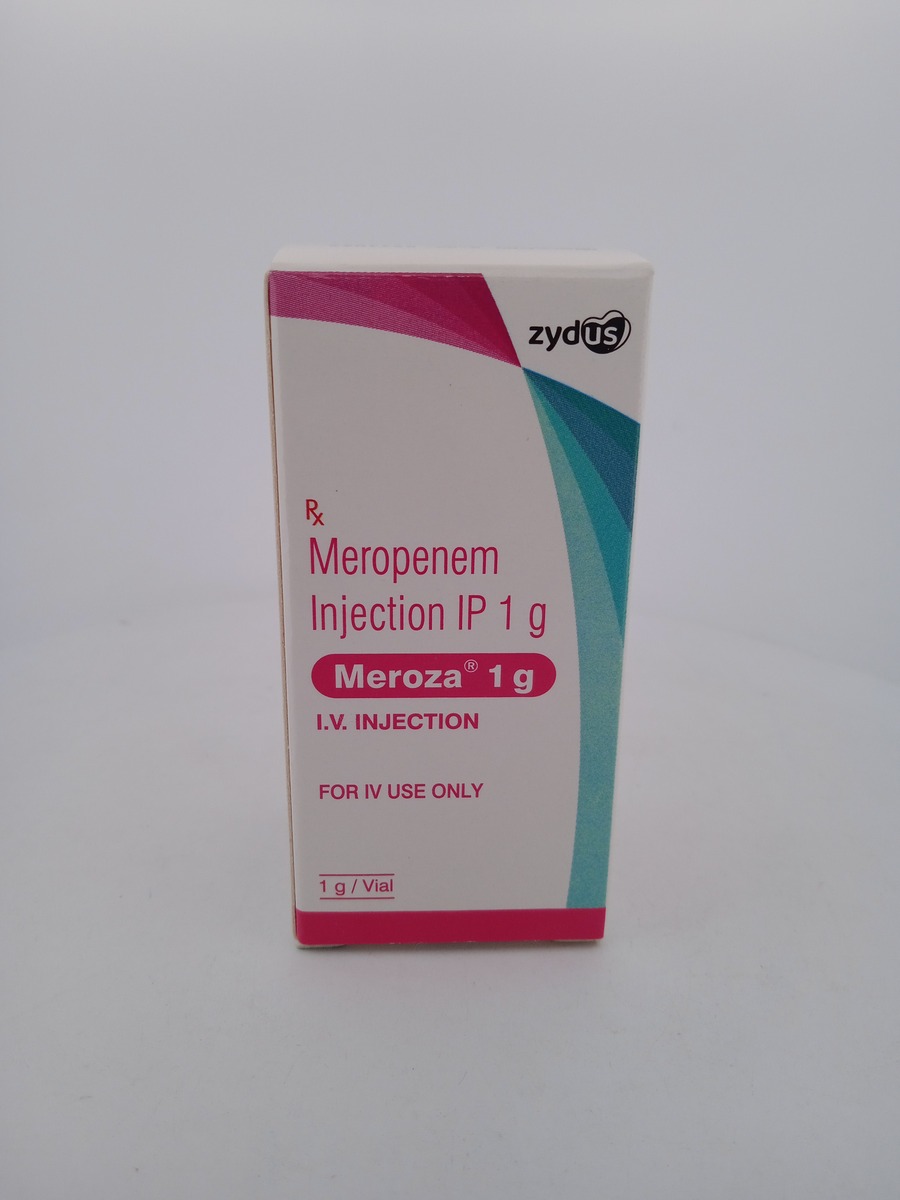
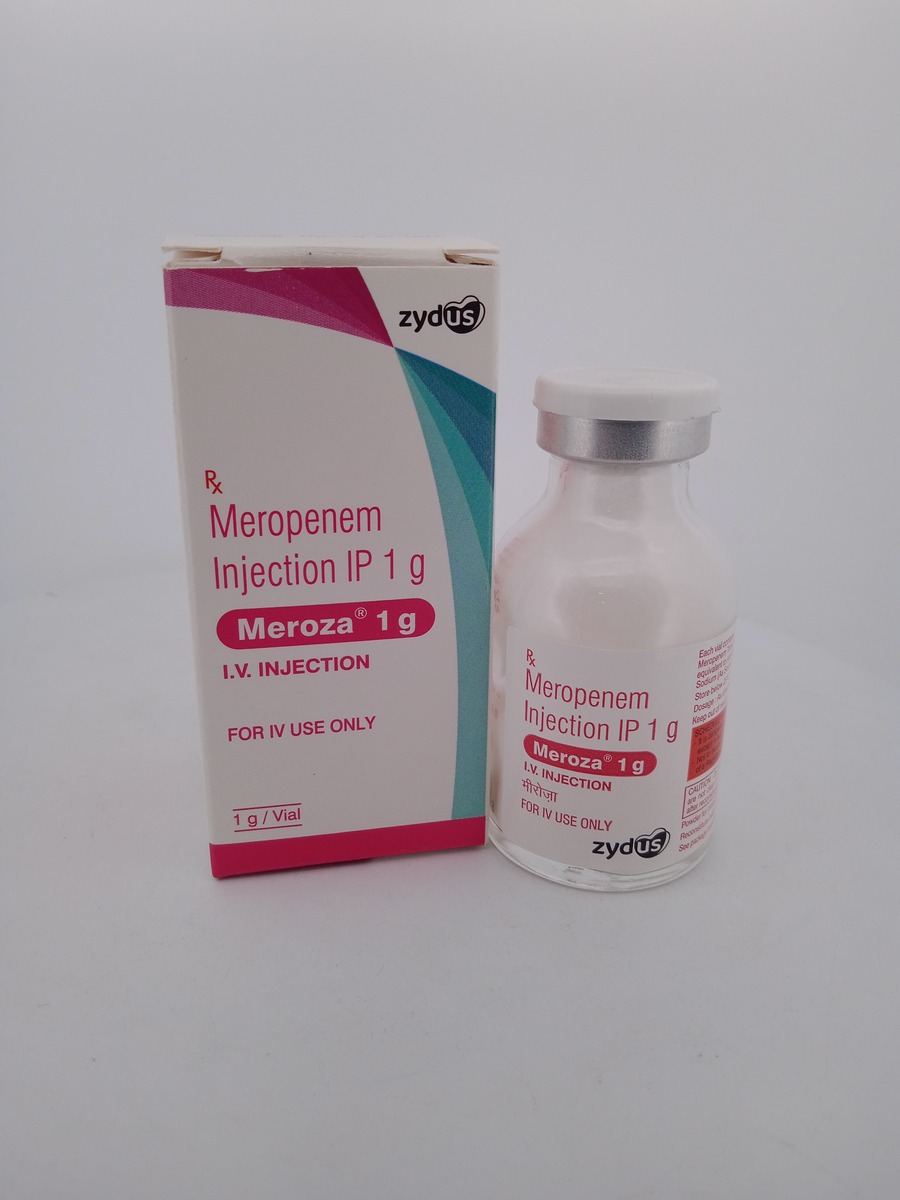
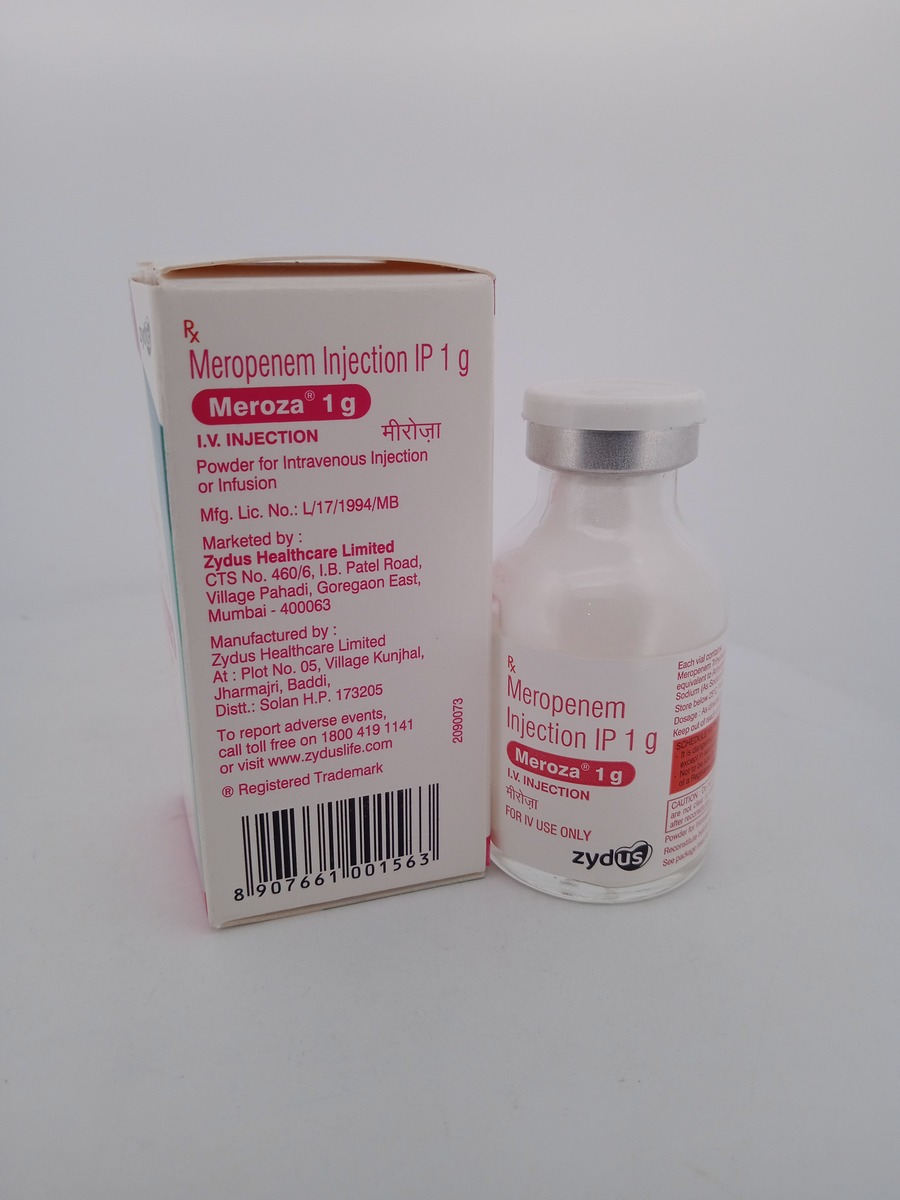
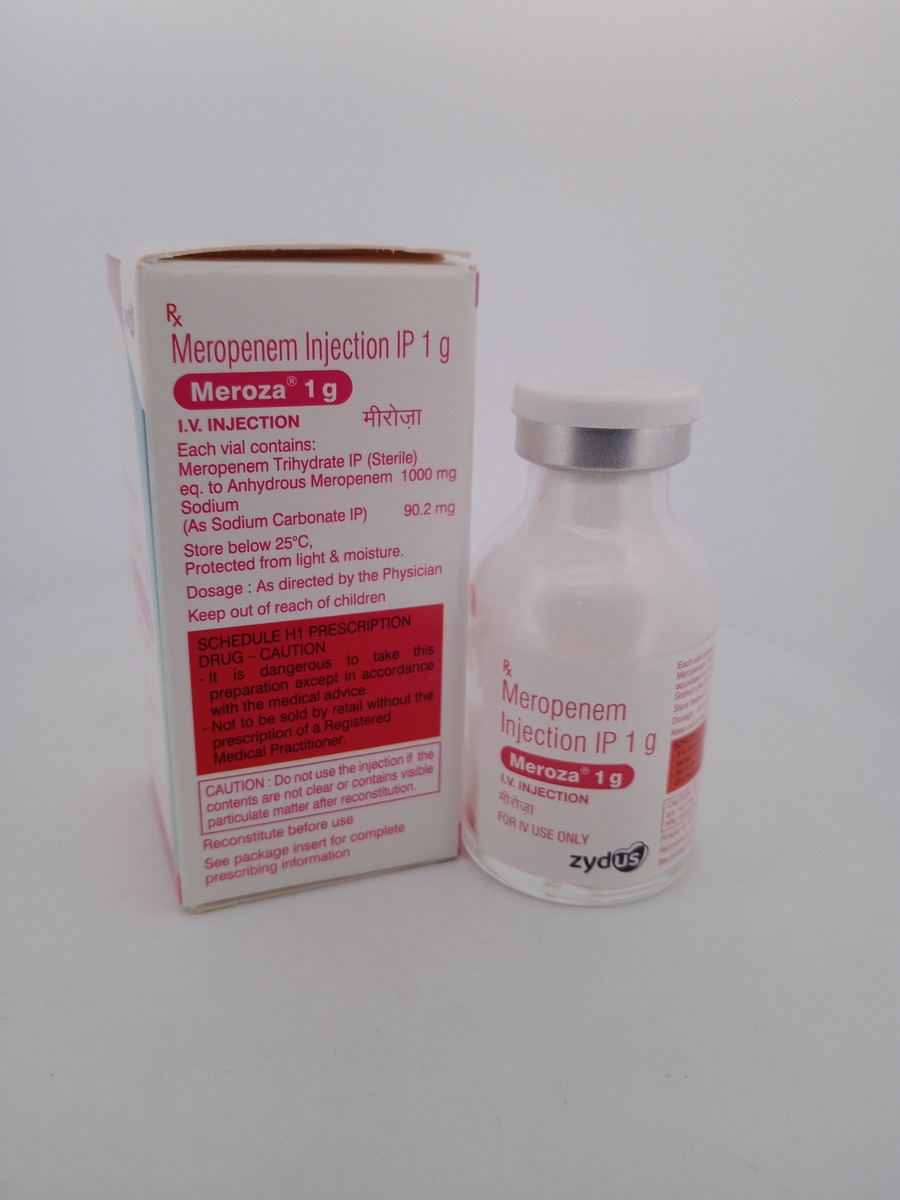
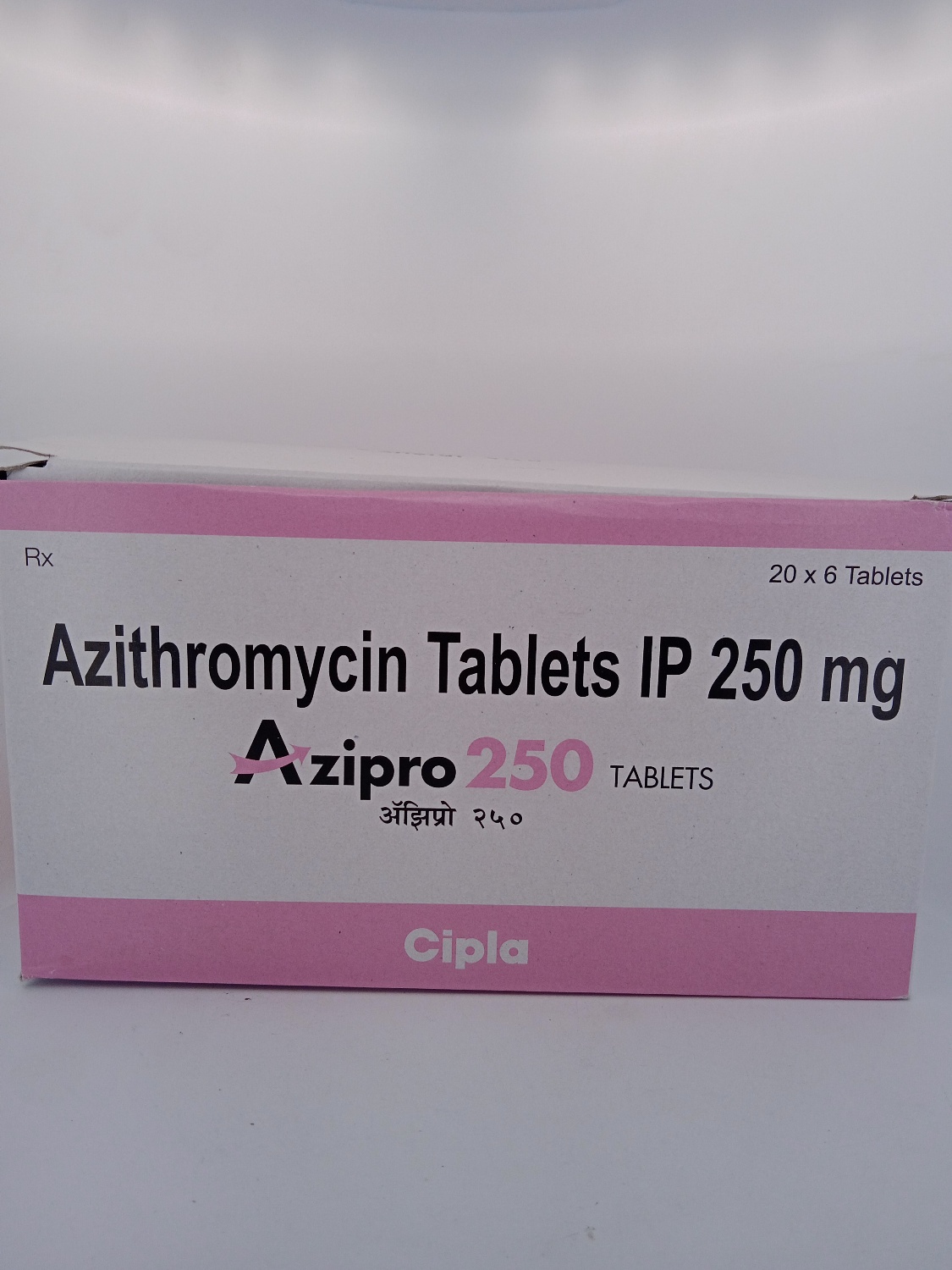

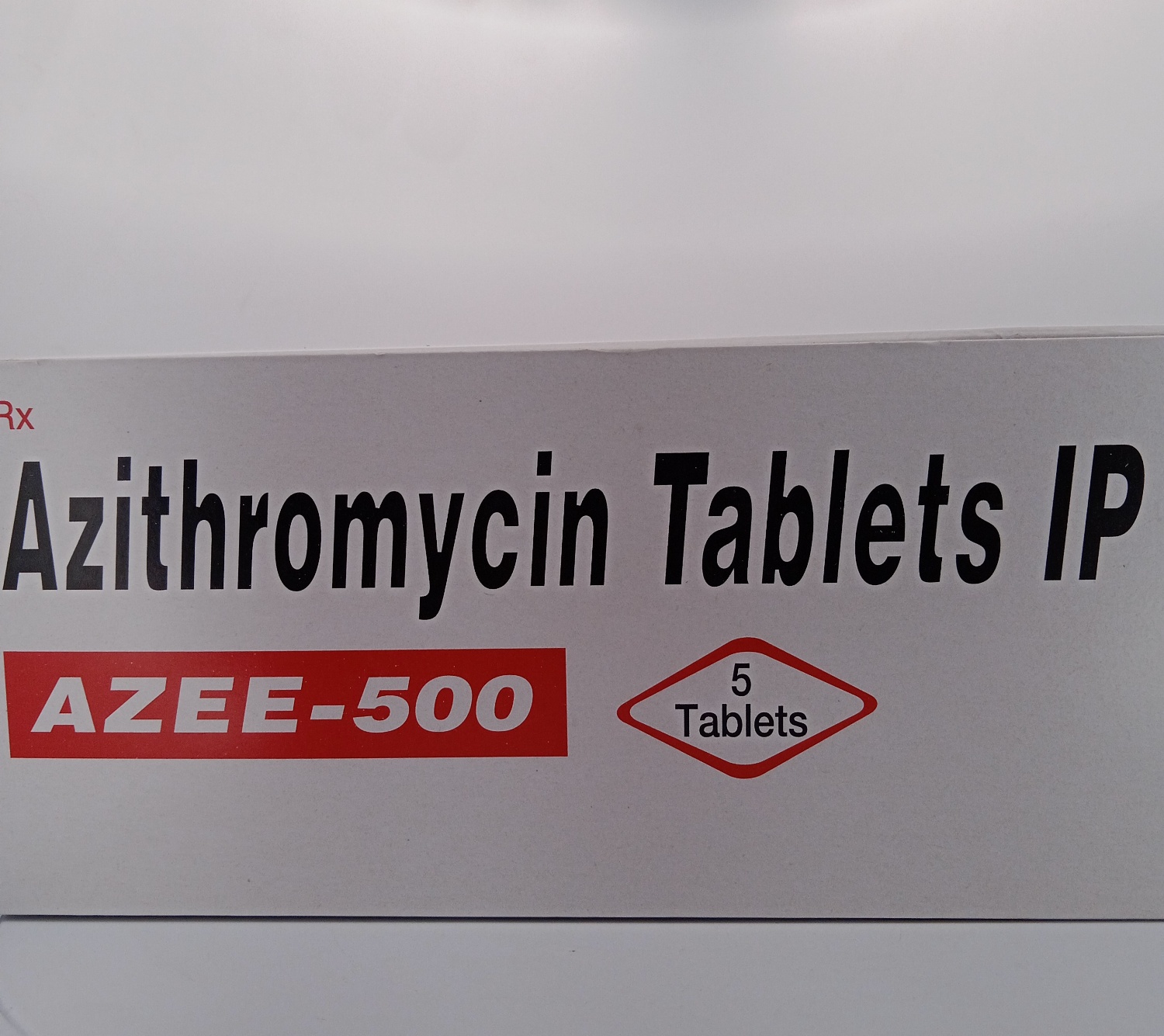
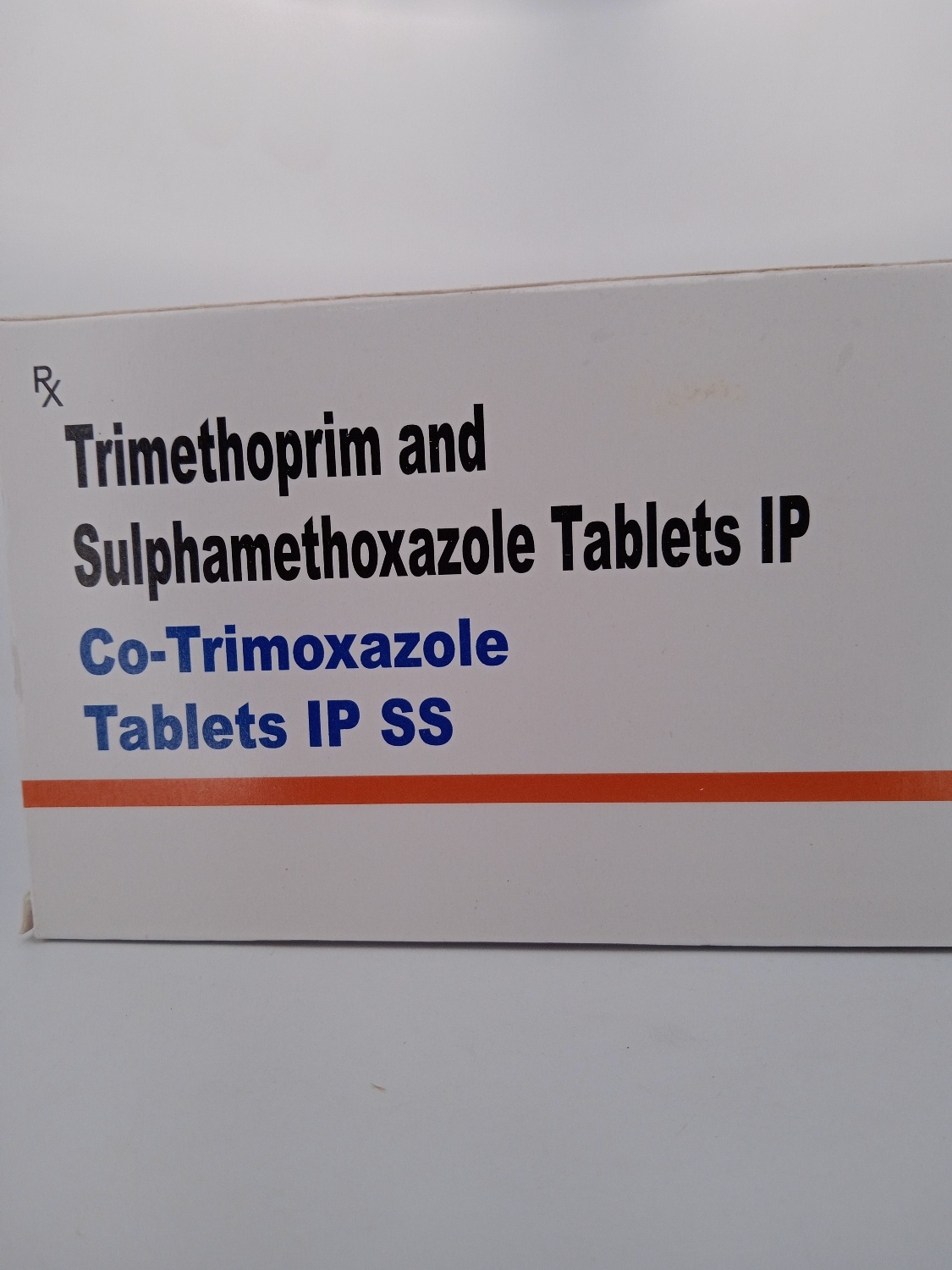



Reviews
There are no reviews yet.